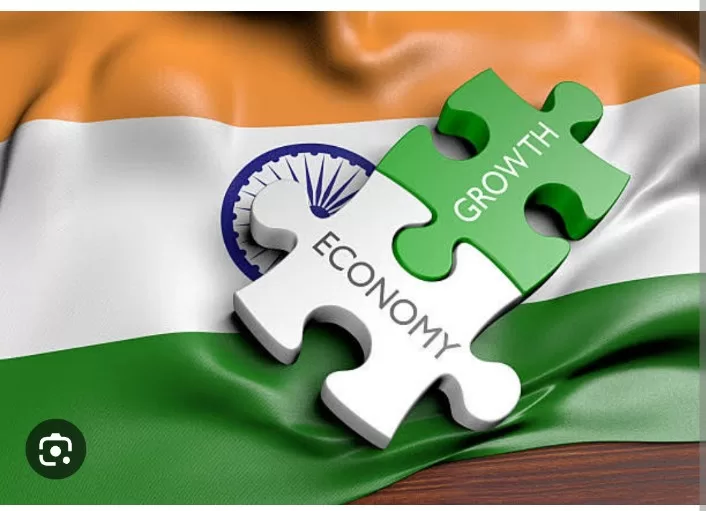New Delhi – In a recent survey presented in the World Economic Forum’s latest ‘Chief Economists Outlook’ report, a notable majority of economists anticipate a weakening global economy in the upcoming year, citing political and financial turbulence as primary factors. However, their outlook for South Asia, especially India, remains remarkably optimistic, with over 90 percent expressing confidence in moderate to robust growth.
The report also shed light on the dimming prospects for China, primarily attributed to emerging deflationary pressures and vulnerabilities within its real estate sector. As the world confronts escalating political and financial instability, nearly six out of ten economists predict that these global economic headwinds may hamper progress towards achieving the UN Sustainable Development Goals (SDGs). Alarmingly, 74 percent of respondents believe that geopolitical tensions will exacerbate this effect.
As global leaders converge in New York for the UN high-level week to deliberate on advancing the SDGs, the report disclosed that more than 60 percent of chief economists expect a deterioration in the global economic climate over the next year. This pessimism is fueled by uncertain domestic and international politics, as well as turbulent financial markets.
While a significant majority (86 percent) anticipate a gradual easing of the recent global inflation surge, they also anticipate lasting repercussions from protracted tightening of financial conditions. These ramifications include heightened corporate debt defaults, constraints on business lending, and potential corrections in property and equity markets.
Developing nations appear to be most vulnerable to these global challenges, as chief economists warn that geopolitical tensions (74 percent) and more stringent financial conditions (59 percent) could hinder progress towards global development objectives. The report underscores these concerns in light of stalling progress across various SDGs, encompassing food security, climate action, and biodiversity protection, potentially leaving over half a billion people in extreme poverty by 2030 if current trends persist.
A minority of chief economists hold optimistic outlooks, with 41 percent expecting increased cooperation and 30 percent anticipating greater private capital flows between advanced and developing nations over the next three years. Unlocking private capital flows could hold immense potential, with economists particularly enthusiastic about their positive impacts on digital transformation (97 percent), energy accessibility and affordability (76 percent), food systems and nutrition (67 percent), and addressing climate change, biodiversity loss, and pollution (67 percent).
Saadia Zahidi, Managing Director of the World Economic Forum, commented on the report’s findings, emphasizing the need for innovative solutions, cross-border investments, and technology transfers to align growth, climate action, and human development.
The economic outlook for 2023-2024 exhibits regional disparities. While optimism prevails in Asia, particularly India, with over 90 percent anticipating moderate or strong growth this year, concerns linger over China’s economic prospects. In the United States, economic outlooks have improved since May, with eight out of ten respondents now expecting moderate or strong growth in both 2023 and 2024. Europe, however, continues to grapple with economic challenges, with 77 percent anticipating weak or very weak growth this year, although optimism for 2024 is on the rise, reaching 60 percent.
The Chief Economists Outlook report synthesizes the latest policy research and insights garnered from consultations and surveys involving leading chief economists from both public and private sectors, orchestrated by the WEF’s Centre for the New Economy and Society.







